“Long years ago, we made a tryst with destiny; and now the time comes when we shall redeem our pledge, not wholly or in full measure, but very substantially. At the stroke of the midnight hour, when the world sleeps, India will awake to life and freedom.”
This speech is known as ‘Tryst with Destiny’ transcends India’s history and is considered one of the greatest speeches of the 20th century. It is also a powerful speech in The Importance of Independence Day in India. It powerfully captured the emotions and essence of the triumphant Independence struggle of India against the British empire.
This speech was delivered by Jawaharlal Nehru, the first Prime Minister of Independent India on the eve of India’s independence. It has been 73 years ever since we gained freedom from the vicious traps cultivated by the British.
After all this time, how much has actually changed? What does freedom mean to different individuals? What does it mean to be ‘freed’ in a democratic country like India? How far have we come in terms of our growth as a country? What is the significance of Independence Day for Indians?
Today, I would be writing on The Importance of Independence Day in India.
Independence Day- A Brief History
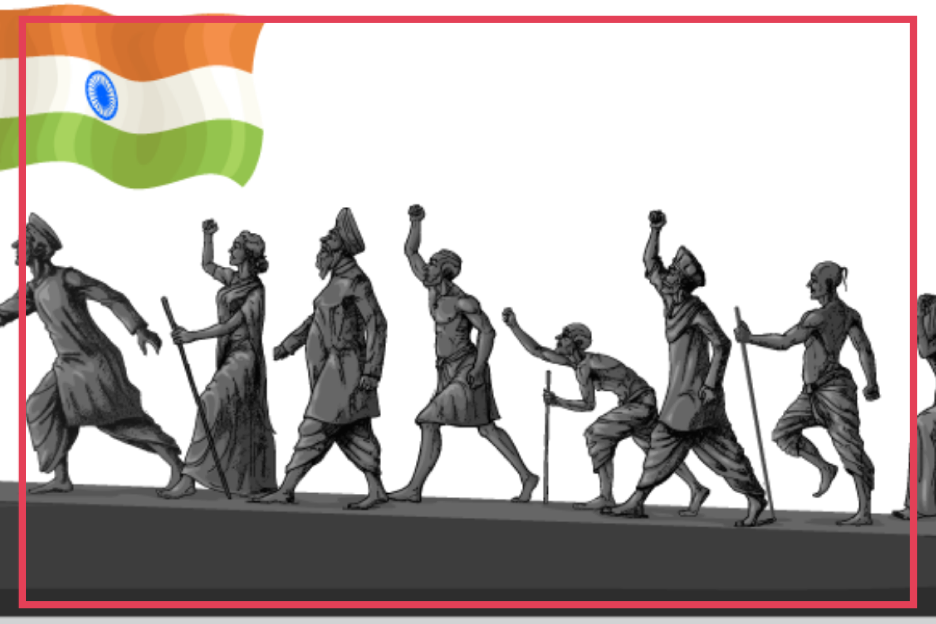
Independence Day in India is a national holiday observed every year on 15th August. It is the day when people remember the sacrifices made by the brave, cherish the unity and celebrate India’s sovereignty from the British.
British rule began in India in 1757 when The East India Company began exercising its rule in the country. It ruled for 100 years until Direct rule by British Raj took over. This started the revolutionary calls for freedom and ignited the Indian Freedom Movement.
The Indian Independence Movement led by Mahatma Gandhi marked constant struggles between the Indians and British for the freedom of the country. Mahatma Gandhi also known as ‘The father of Nation’ called for a peaceful and non-violent movement to end the British rule.
In 1929 Prime Minister Nehru gave a call for ‘Poorna Swaraj’ or complete independence of the country. At that time, 26 January was chosen as the Independence Day. It later became the Republic day- when the country gained sovereignty and was no longer a part of the British Dominion.
In the early part of 1947, the British government announced that they intend to transfer power to the country by June 1948. However, the promise of approaching independence couldn’t contain the communal violence spread across the country.
As a result, Lord Mountbatten, the then Viceroy of India transferred the power on the grounds that the British weren’t prepare to cope with the increased violence in the country. Prominent leaders like- Pandit Jawaharlal Nehru, Mohammed Ali Jinnah, Abul Kalam Azad, Master Tara Singh and B.R. Ambedkar agreed for the partition of India based on religion.
Hence, the day also marks the anniversary of the partition of the subcontinent into two countries- The Republic of India and The Islamic Republic of Pakistan. Pakistan celebrates Independence Day on 14 August. Both the countries display a strong patriotic fervor to celebrate their hard-fought independence.
Meaning Of Freedom- Theoretical And Otherwise
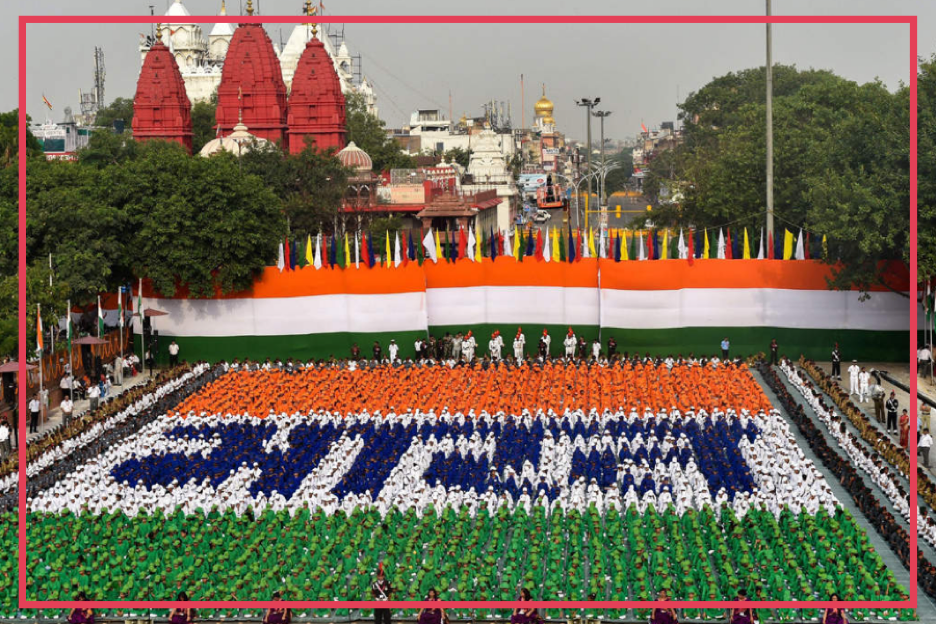
Independence Day festivities are joyfully celebrated across the entire country. The day is marked by traditional activities like- flag-hoisting ceremonies, televised broadcasts, parades and drills, singing of the national anthem, flying kites, wearing tricolor and numerous cultural events that take place.
What does an independent country mean? Theoretically, an independent country is a self-governed and self-autonomous state. It is a politically organized sovereign nation free from any external control. India became a free state on 15th August 1947 and declared it a Sovereign, Republic State and a Democracy. However, this is a very broad, generalized and on-book definition of freedom.
Freedom includes political freedom, social freedom, economic freedom and personal freedom. So, it wouldn’t be wrong to state that it is subjected to diverse perspectives. If we see the situation from the state’s perspective, our leaders had already envisioned the future. As the world’s largest democracy, our constitution provides us with six fundamental rights.
Fundamental rights are a group of rights conferred on all citizens of India without any discrimination based on –caste, class, gender, race, religion etc. Article 12-35 of the Indian Constitution deals with these rights. These rights are specifically identified in the Constitution and have been recognized by a high degree of protection from encroachment. The six fundamental rights are-
- Right to equality (Articles. 14-18)
- Right to Freedom (Articles. 19-22)
- Right Against Exploitation (Articles. 23-24)
- Right to Freedom of Religion (Articles. 25- 28)
- Cultural and Educational Rights (Articles. 29-30), and
- Right to Constitutional Remedies (Articles. 32-35)
These rights are like the backbone of the country essential for safeguarding people’s interests. Every person has the right to freedom and equality in our country granted by our constitution.
What Does Freedom Mean To Different People?
The boiling question is- are they actually aware of their rights? What does freedom mean to a specific individual? Can they actually enjoy their right to freedom and equality? Especially women?
Freedom is a very subjective concept. Freedom means different things to different people. It has no rigid definition and can vary across different spectrums. At times, the thought of freedom can become confusing as the concept itself is so abstract.
It’s hard to define the true meaning of freedom and independence as we all have our own definition of it. The definition itself is dependent on various factors like- gender, sexuality, religion, race, caste, ethnicity, and other socio-economic factors.
FREEDOM FOR INDIAN WOMEN
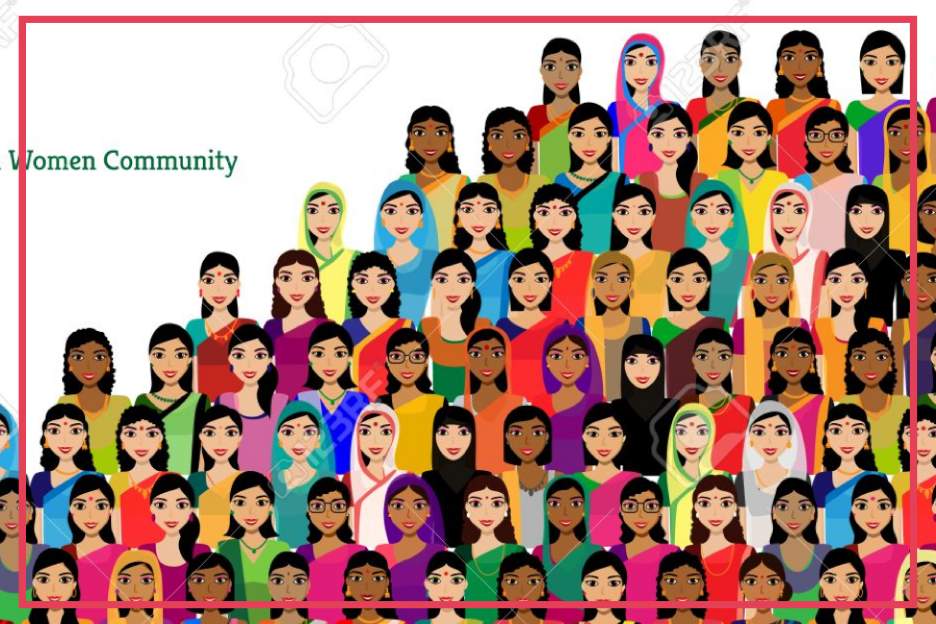
What counts as freedom for some upper-class woman in the urban city would be contrasting with a poor farmer woman in some rural area. While for the former, independence would mean freedom from any predatory actions or sexual assault at the workplace. The freedom to live life on her own terms. The freedom to make financial decisions for herself and so on.
On the other side, freedom for the woman in the latter case would be to get access to even the most basic sanitation facilities. Freedom from the domestic violence perpetrated by her husband. Freedom for them can also mean to acquire skills, finance and technologies to gain empowerment.
Freedom for a woman in India has been subjected to various changes and transcends time and space.
- In a deeply-entrenched male-dominated society, she would want to break free from the patriarchal constraints prevalent in society.
- She would want the same liberty as her male brother or friends. She would want to walk alone on the streets without the fear of molestation.
- She would want to earn equal wages for equal work as her male counterparts.
- She would want to exercise control over her body when it comes to issues like choosing not to give birth and abortion without the society batting their eyelids.
- She would want to choose her career irrespective of the pre-conceived notion of viewing women as “caretakers”.
- She would want to amplify her voice of consent where her “NO” would not be counted as a “yes” or “maybe”.
She would like the freedom to choose “who I want to be, what I want to do, what I want to wear, who I want to be with, where I want to work, at what time I want to travel, how I want to look and what I want to say.”
FREEDOM = INCLUSIVITY
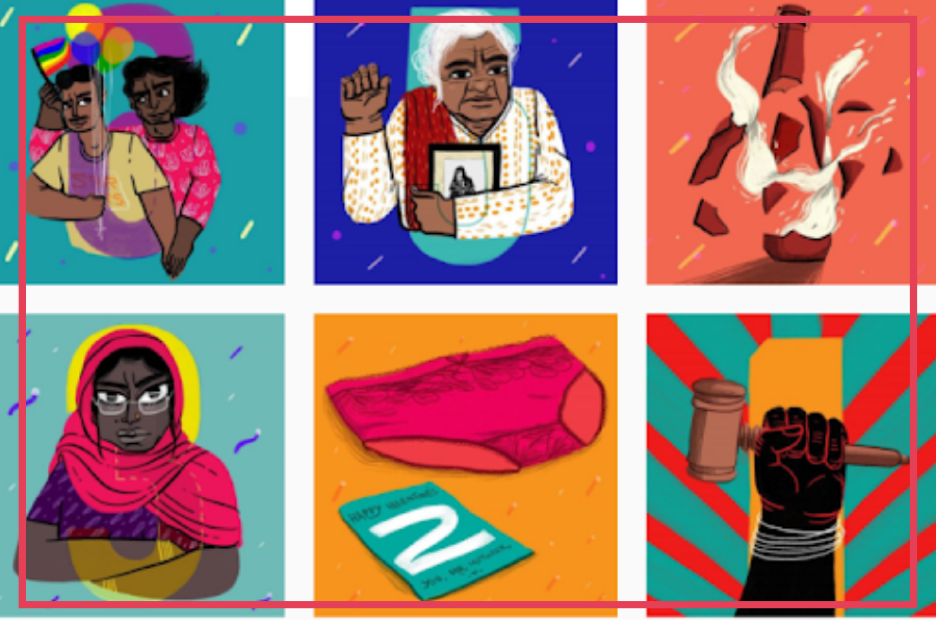
We’ve been thinking of freedom as a mere political concept but in practice, it has many facets to it. For the larger part of Indian youth, the concept can vary. For some freedom is moving towards the direction of a better lifestyle and wanting to be financially capable- a big house, a big car and stable employment.
For a raging journalist, freedom would be put forward their view without the fear of being jailed. To not worry before writing their next article, column and headline. Freedom for them would mean to call out the state for its prejudice, bigotry and shortcomings without the fear of character assassination, rape or murder threats.
For a poor Dalit man, freedom would be to enter the temple for their prayer rituals without the fear of mob lynching. They would not want to be humiliated, assaulted and subjected to various atrocities based on their caste. Freedom for them would be gaining access to the basic human rights enjoyed by the privileged upper class.
For the LGBTQIA community in India, freedom would come in the demand for equal rights in terms of opportunities. They would not want society to look down upon them or demean them based on their sexual orientation. They would want a similar treatment as their fellow ‘straight’ people in terms of – adopting, marrying, starting a family, career and livelihood.
- Freedom is emancipation from poverty.
- Freedom is the annihilation of caste-based prejudices.
- Freedom is access to affordable healthcare and education at minimal costs.
- Freedom is walking into a room and not being judged based on your religion.
- Freedom is the elimination of crimes against women.
- Freedom is the elimination of grassroot elimination of social evils like- dowry, bride price, child marriage, child labor domestic violence, prostitution and female infanticide.
- Freedom is a state of mind with no fear.
- Freedom means inclusivity and intersectionality- LGBTQIA, a person with disabilities, migrants, refugees, the downtrodden section of society, minority religions, indigenous community, Dalits etc.
Freedom is not one single thing. It is made up of multiple visions, perspectives and experiences. No philosopher, leader, nationalist, influencer, or politician can weave your definition of freedom.
Conclusion
Independence is one of the most prized possession of a human. With your privilege, comes a responsibility. If you’re privileged enough to enjoy certain aspects of life which might seem like a distant dream to others, it is imperative to recognize it.
As a citizen of the country, you have a social role and responsibility towards the nation as well as the citizen. You must uplift your fellow brothers and sisters. It is important to do your part wherever you can, however small it might seem. It is essential to uphold the vision of our forefathers and maintain the cherished values of fraternity, harmony and unity.
The independence of our nation was not something which we achieved overnight. It was a culmination of the individual efforts put forth by the respected freedom fighters, political leaders and the common people altogether. Always remember- United we stand, divided we fall.
So, this year as you celebrate Independence Day don’t forget to reflect upon your duties as an individual. Uplift, empower, and elevate! Together we can conquer anything.
We hope you enjoyed this blog on The Importance of Independence Day in India. We would love to hear your thoughts on this blog.
Please comment below and if you like this blog share it with your friends and family.
Please subscribe to our newsletter so you don’t miss any of our blogs – Click here to Subscribe!
Featured image courtesy: Canva
Socially Desi is a blogging website which focuses on Personal Development, Mental Health, Minimalism, Business & Entrepreneurship, Life Hacks and Relationships
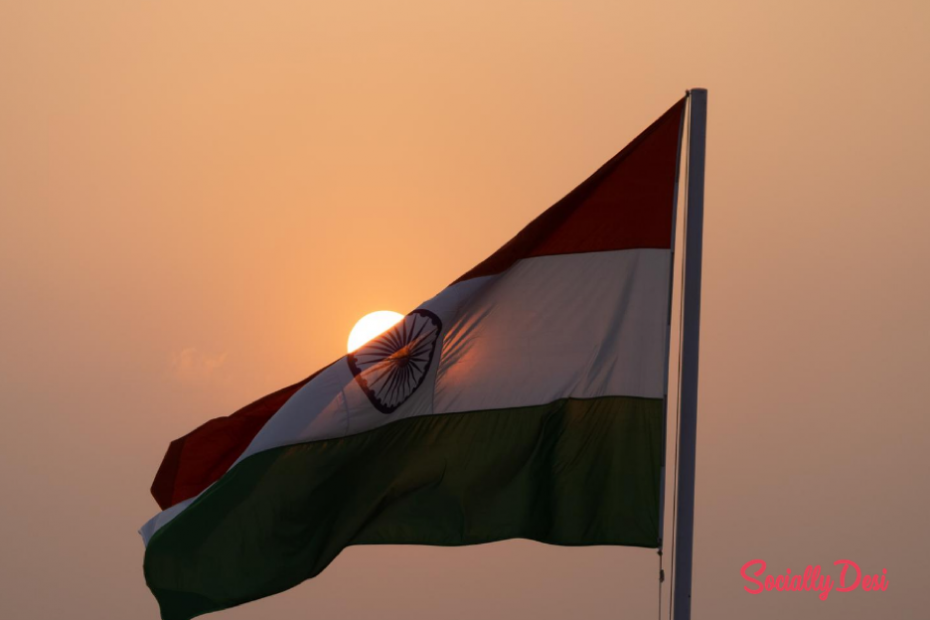
Very well articulated blog, loved it, I keep the good work going.